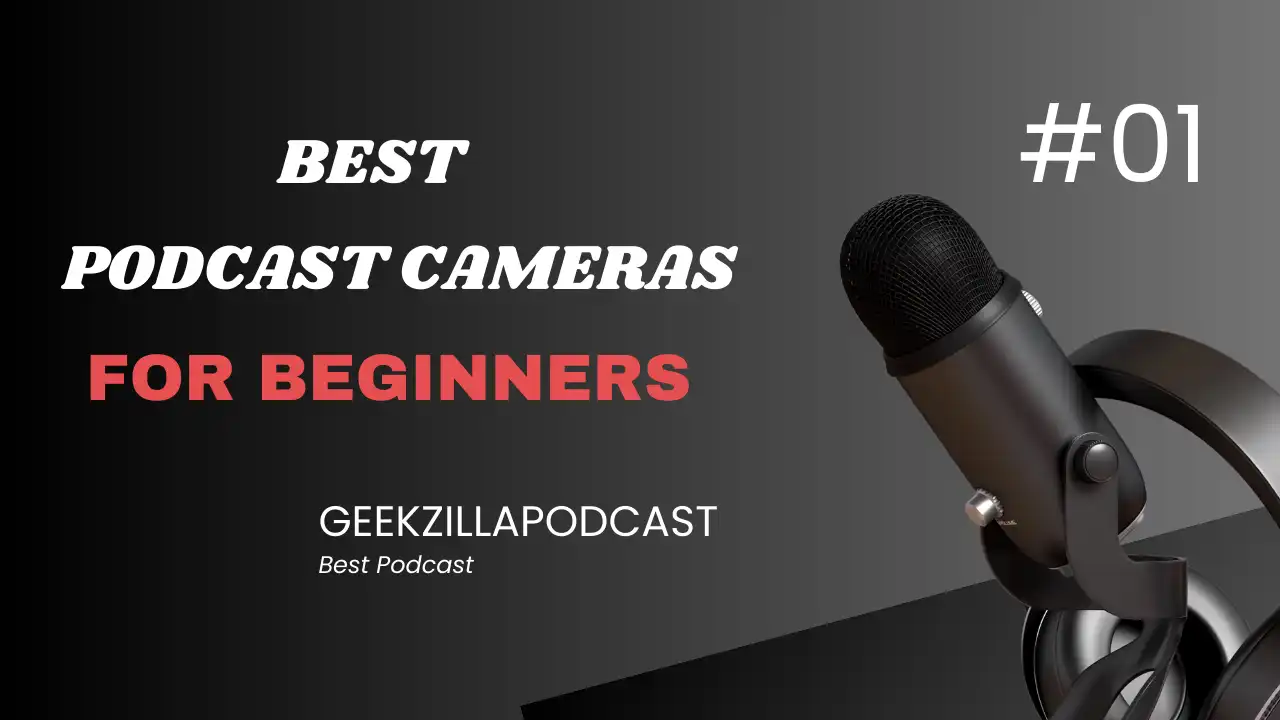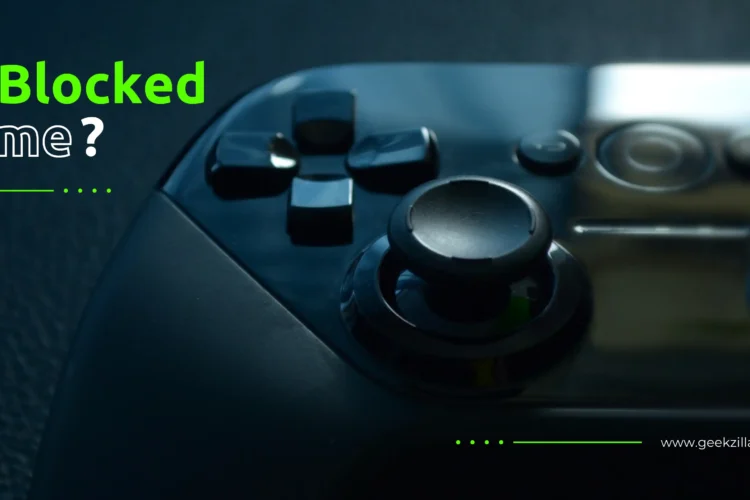
So you are finally starting your podcast that is awesome. You got the mic, a quiet room, and some interesting ideas. Now, you just need one thing to really level things up: a decent camera.
Not just any camera, though. You want one that is beginner-friendly, easy to use and does not cost a fortune. But it still makes you look sharp and professional on video.
Whether you are going solo, filming interviews, or planning to post clips on YouTube or TikTok this list has you covered.
Let’s break down the 7 best podcast cameras for beginners in 2025 so that you can choose thes best one for your podcast.
7 Best Cameras For Beginners
Here are the best cameras for beginners :
1. Sony ZV-1 II
It is best for newbies who are in search of an easy, not overloaded in features solution.
- Video Quality: 4K at 30fps
- Lens: Built-in 24-70mm zoom
- Autofocus: Fast and reliable
- Price: Around $800
The Sony ZV-1 II is aimed at creative individuals. It is not just small and light but that is enough for a great result, no extras are needed. You will get that nice background blur effect without having a good setup using the built-in lens. It also adjusts lighting on the fly, so you would not look overexposed or washed out. If you do not want to fiddle with lenses or settings, this one is a dream.
Why beginners love it:
Flip screen, good mic, and plug-and-play vibes and no DSLR drama.
2. Canon EOS R50
Best entry-level mirrorless camera for podcasts with room to grow.
- Video Quality: 4K at 30fps (no crop)
- Lens Mount: RF
- Autofocus: Dual Pixel CMOS AF II
- Price: Around $800 (with lens kit)
The R50 is quite similar to your laid-back buddy who is also quite knowledgeable about cameras. It is easy enough for anyone to use, but also solid enough to grow with you as you get more confident.
You can swap out lenses later, but even the kit lens is solid to start. It also has great face-tracking, which keeps you in focus even if you are a hand-talker.
Best for:
People who want to start simple but get fancier later.
3. Logitech StreamCam
The logitech HD webcam C310 is the choice that is right for most people with tight pockets and limited working or gaming spaces.
- Video Quality: 1080p at 60fps
- Field of View: 78°
- Connection: USB-C
- Price: Around $150
This one is for podcasters who do not want to mess with DSLR or mirrorless cameras yet. Logitech StreamCam is a plug-and-play webcam that offers good quality, clear and crisp video at the same time.
It is great for streaming or Zoom-style podcasts. The built-in mic is not bad either, but pair it with a real microphone for better sound.
The best thing is that you can mount it horizontally or vertically for making hello or TikTok clips.
4. Panasonic Lumix G100
This camera is the best vlogging-style camera for podcasters who have to make travel vlogs or make videos on the go.
- Video Quality: 4K at 30fps
- Lens Mount: Micro Four Thirds
- Audio: Built-in OZO directional mic
- Price: Around $650 (with lens)
This camera is designed specially for creators. Lumix G100 is both portable and lightweight and comes as a really clever gadget with a built-in mic which adjusts itself according to the direction of the sound.
If you are on the go a lot or only need a straightforward camera for your video and audio recording needs, this could be it.
Why podcasters like it:
It sounds good and looks good without external gear. But you can still plug in extras if you want.
5. Sony ZV-E10
Best value mirrorless camera for serious beginners.
- Video Quality: 4K at 30fps
- Lens Mount: E-mount
- Autofocus: Fast and smooth
- Price: Around $700 (with lens)
This camera is a fan favorite and for good reason. The ZV-E10 gives you pro-looking video without making you feel like you need a film degree to use it.
It has all the features beginners love: flip screen, clear audio, fast focus, and solid low-light performance. Plus, it is mirrorless, so you can upgrade lenses later.
Perfect for:
People who want something reliable for talking-head podcast shots or YouTube content.
6. Elgato Facecam Pro
Best for 4K webcam lovers who hate setup stress.
- Video Quality: 4K at 60fps
- Field of View: 82°
- Connection: USB-C
- Price: Around $300
When you are podcating right from your desk and tripod, lights or extra cords make you feel uncomfortable, the Facecam Pro is the one you should opt for. It is a product that guarantees you a clear cut and high-quality 4K video even though it does not overheat or collapse.
You will get the exposure, shutter speed, and color setting options via your computer with their software as well. But, it is only for the users who have the need to do so.
Why it rocks:
It is simple. You do not need to worry about charging batteries or tweaking focus.
7. Nikon D5600
Best DSLR for travel photography newbies
- Photo Quality: 24MP APS-C sensor
- Battery Life: Up to 970 shots
- Video: 1080p Full HD
- Lens Mount: Nikon F-mount
- Price: Around $700 (with lens)
The Nikon D5600 is a winner for people who are just starting and they love to travel. As it is lightweight for a DSLR, fits nicely in a daypack, and continues to provide sharp, vivid photos in every instance. At 24 megapixels and good dynamic range, it is able to handle all sorts of weather and lighting conditions very well. It is without a doubt a device that suits rookies but not only, since it solves some of the most common challenges faced by professional photographers and bloggers Landscapes, city shots, portraits cover it all.
You will get nearly 1,000 shots on a single charge. No USB charging, though, so pack that wall plug. The menu system is super easy to navigate, and the touchscreen flips out handy for selfies or tricky angles.
What’s missing in this camera is on 4K video. If you are mainly shooting stills, that would not bug you. But if you are hoping to vlog in 4K, this might not be your match.
Perfect for:
Wanderers who want sharp photos, a battery that would not quit, and room to grow with new lenses.
What To Look For in a Beginner Podcast Camera?
Not every podcaster needs a $3,000 rig. Here is what actually matters when you’re starting out:
1. Good Video Quality
When choosing a podcasting camera as a beginner look for a 1080p minimum. 4K is great, especially if you want to crop or reuse clips later.
2. Autofocus That Doesn’t Freak Out
You do not want to keep going blurry every time you move. Face-tracking autofocus means less stress.
3. Flip Screen
If you are filming yourself, a flip screen is so helpful. It lets you check your frame and see if you are still in focus.
4. Easy Audio Setup
Some cameras come with great built-in mics. Others need external ones. Either way, make sure it is easy to plug in your mic setup.
5. No Overheating
Some budget cameras overheat after 10-15 minutes. That is not good for podcasting, especially if you are recording long episodes.
FAQs – Podcast Cameras for Beginners
Q: Do I need 4K for podcasting?
No. 1080p is fine for most beginners but 4K gives you room to crop and edit.
Q: What about lighting?
Even the best camera may not provide good results without proper lighting. Grab a softbox or ring light if you can. It makes a huge difference.
Q: Should I use a webcam or camera?
Should you decide to use your desk for record purposes, a good webcam can do a lot. If you are longing for top quality images and flexibility, then a mirrorless or compact camera is your best choice.
Q: Can I use my phone?
Yes, phones today are awesome for video. Just use good lighting and audio equipment.
Final Words – Podcast Cameras for Beginners
You can create a podcast without necessarily obtaining the most expensive equipment. Crafting the best podcast involves using the correct equipment that is inexpensive for your budget and is fitting for your comfort. To explain, when you are choosing a camera, you must always go for one that is not too pricey, which is, besides the point, to your liking, and furthermore make it an easy task for you to carry it. Then, evaluate the content’s quality.
You can always upgrade later. But for now, any of these 7 best podcast camera for beginners will help you show up on screen like a professional.
Read More : Best Camera for Podcasting 2025: Buyer’s Guide & Expert Picks


